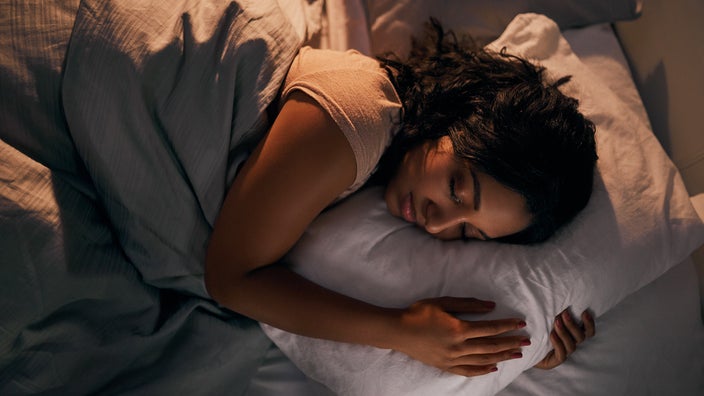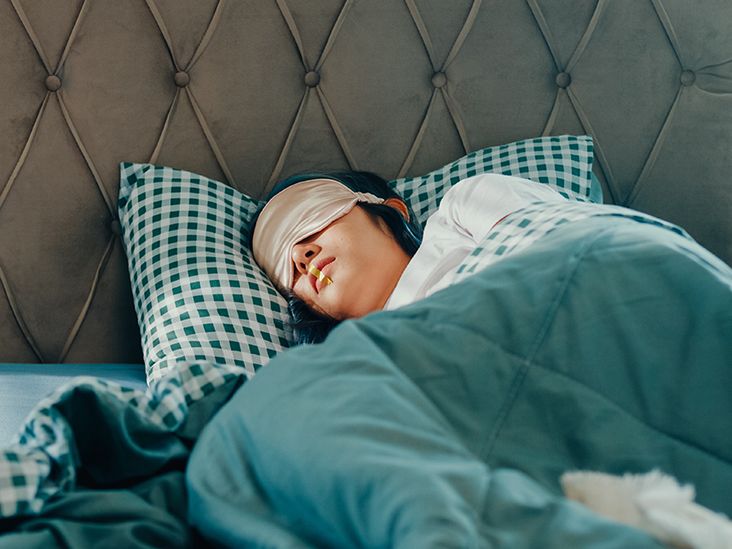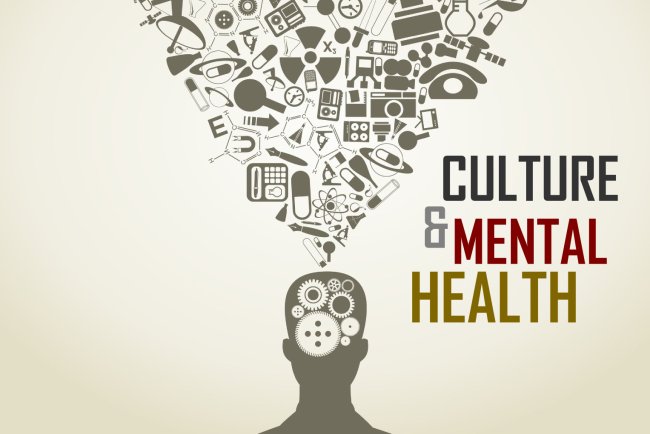What Is Your True Sleep Need? (And the Reasons You are Most Likely Not Getting It)
Sleep is vital, as we all know, but how much is necessary? Is it eight hours? Coffee and six? 10 to catch up on the weekends?

You are not alone if you are sick of waking up exhausted. Sleep is essential for mood, memory, focus, immunity, and even metabolism. It is not just about getting through the day.
Let us dissect it: what occurs when you do not get enough sleep, how much sleep you really need, and how does it alter as you age?
Age-Related Sleep Requirements: Expert Opinion
The following sleep durations are advised by the National Sleep Foundation:
Newborns: 14–17 hours (0–3 months)
12 to 15 hours for infants (4–11 months)
Young children (ages 1-2): 11–14 hours
3–5 year olds at preschool: 10–13 hours
Children in school (6–13 years old): 9–11 hours
Teens: 8–10 hours (ages 14–17)
Adults: 7–9 hours (18–64 years old)
Senior citizens (65+): 7–8 hours
The catch is that quality of sleep is more important than duration of sleep.
Value Over Quantity: The Rule of the 90-Minute Sleep Cycle
If you wake up in the middle of your sleep cycle, you can theoretically obtain eight hours of sleep and yet feel weary.
Every 90 minutes, your body moves from light sleep to deep sleep to REM sleep, which is where dreams occur. While getting up at the conclusion of a deep sleep cycle seems more natural and rejuvenating, waking up in the middle of a cycle can leave you feeling drowsy.
Expert advice: Rather than aiming for 8 hours on the dot, try to sleep in 90-minute increments (such as 7.5 or 9 hours).
Indications That You are Not Sleeping Enough (Even After 8 Hours in Bed) If you:
Despite getting "enough" sleep, I woke up exhausted.
Caffeine must be consumed before 10 a.m.
Feel emotionally spent or prone to snapping
Struggling to concentrate or recall things
Become ill more frequently
Then, instead of just requesting more sleep, your body might be requesting deeper, better sleep.
What Prevents a Restful Night's Sleep?
contemporary life. That is what.
Screen blue light signals to your brain that it is still daylight.
Anxiety and stress cause your mind to race and raise your cortisol levels.
Alcohol and late-night meals can interfere with REM periods.
Sleep pattern irregularities disrupt your circadian rhythm.
The outcome? Even when you spend hours in bed, your body is not receiving the nourishment it needs.
Five Ways to Improve Your Sleep Without Changing Your Life
Maintain a wind-down schedule: 30 to 60 minutes without screens, in low light, with soothing music or perhaps a hot shower.
Maintain a cool and dark bedroom: The perfect temperature? about 18°C (65°F).
Steer clear of caffeine after 2:00 p.m. Yes, even that naive iced latte in the afternoon.
Get some natural light in the morning because it helps your body produce more melatonin later on and sets your clock.
Avoid "catching up" during the weekends: Although it seems beneficial, it really throws off your body's clock.
How Much Sleep Is Necessary?
Everybody has a different magic number. Start with 7 to 9 hours and modify according to your mood, not only the amount of time you spend in bed. You are most likely getting enough if you wake up feeling alert, invigorated, and composed without pressing the snooze button five times.
However, if you wake up feeling more exhausted than when you went to bed, It could be time to reconsider not just your schedule but also your sleep habits.
Conclusion: Sleep Is Not a Luxury—It is a Need for Life
Sleep is not something to "cut back on" in order to be more productive, nor is it a sign of lethargy. It is actually how your brain resets, how your body heals itself, and how your emotions level off.
Sleep is the best life hack, so keep this in mind the next time you are tempted to go through emails late at night or respond to "just one more."And the person you will be in the future will appreciate you taking an extra hour.
What's Your Reaction?




















